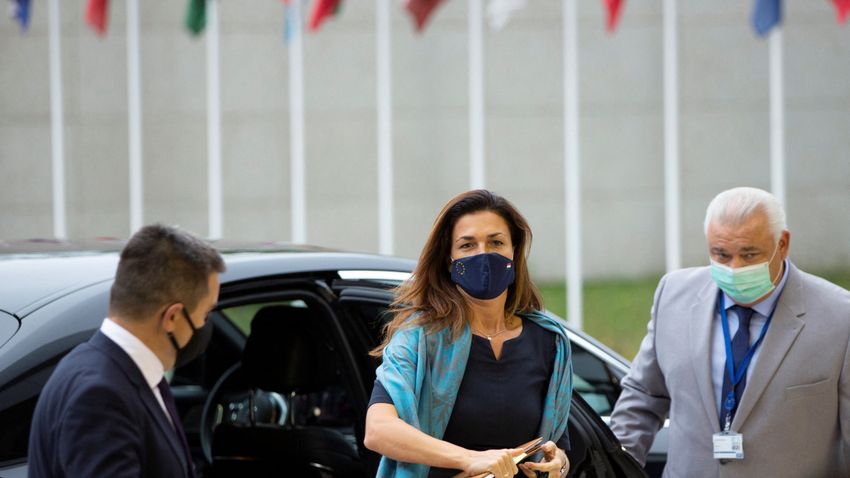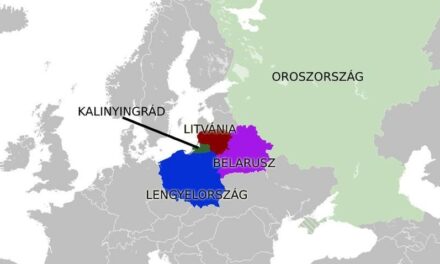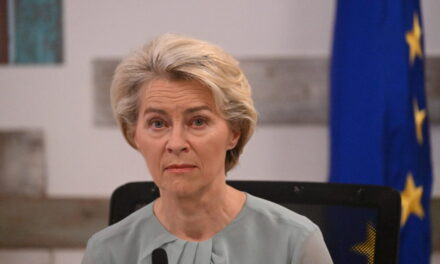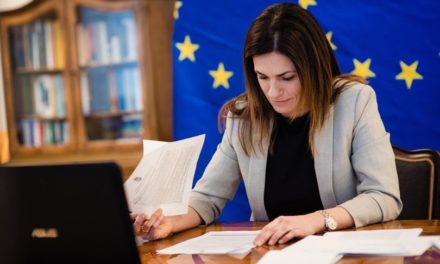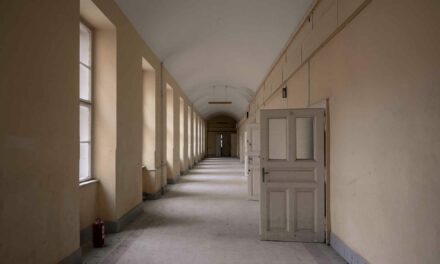In the rule of law trial, a preliminary opinion will be given today in Luxembourg. The opinion of the General Counsel will be the guiding principle for the subsequent judgment, so that, according to the EU judges, Hungary and Poland or the EU institutions will win the legal dispute worth billions of euros.
This morning, the attorney general's proposal regarding the rule of law decree will be made public in Luxembourg: the Court of Justice of the European Union will therefore give a preliminary opinion on billions of euros, on the relationship between the rule of law and EU funds.
It should be remembered that Hungary and Poland challenged the conditionality regulation in the EU court this spring, saying that it is in itself incompatible with EU law, circumvents the EU's basic treaties, and also violates the principle of legal certainty.
Under the pressure of the European Parliament (EP), with a left-liberal majority, the EU judicial forum is speeding up the Hungarian and Polish lawsuits, and after today's presentation of the opinion of Chief Counsel Campos Sánchez-Bordona, a verdict in the rule of law trial is expected early next year. (In the vast majority of cases, the opinion of the general counsel governs the judgment - ed.)
The Hungarian government has been criticized on several occasions for its haste and for giving in to EU parliamentary pressure in a case of such magnitude. Judit Varga illustrated the situation in her October interview with the Magyar Nemzet:
The Luxembourg board was only able to make a decision on the simple procedural question that arose as a result of the Sargentini vote in almost three years, but now, when an answer has to be found to one of the most important and complicated legal questions in the history of the European Union, only a few months are enough for a decision.
At the time, the head of the department was asked on the sidelines of the fact that the Hungarian and Polish claims were being negotiated in Luxembourg. Most of the left-liberal-led countries – the Benelux states, Denmark, Finland, France, Ireland, Germany, Spain and Sweden – argued on the side of the EU institutions, against Budapest and Warsaw in the legal dispute. Regarding her expectations regarding the outcome of the trial, Judit Varga said: "I can only trust that a truly professional debate will take place in Luxembourg in the true legal spirit. Of course, it would be naïve to think that they will not put strong pressure on the judges from Brussels, especially after they succeeded in speeding up the entire procedure ".
It should be remembered that the rule of law decree entered into force on January 1 after the heads of state and government of the member countries created the possibility for the decree to be challenged in the EU court at their summit last December, and they also stipulated that the European Commission would not may initiate measures based on the law.
Since then, however, the European Parliament has made several attempts to override the will of the country's leaders. At the end of October, the EP went so far as to initiate legal proceedings against the body led by Ursula von der Leyen.
According to the representatives, the committee fails to fulfill its contractual obligations when it does not apply the regulation and does not withdraw EU funds from member states that, in their opinion, violate the rule of law. Since then, the committee has taken an informal step to "prove" to the EP: a few weeks ago, Hungary and Poland also received letters from the committee about their concerns under the auspices of the conditionality regulation. The latter does not mean the official launch of the rule of law mechanism.
In our opening picture: Justice Minister Judit Varga arrives at the EU Council meeting (Photo: Virginia Mayo)
Source: magyarnemzet.hu

